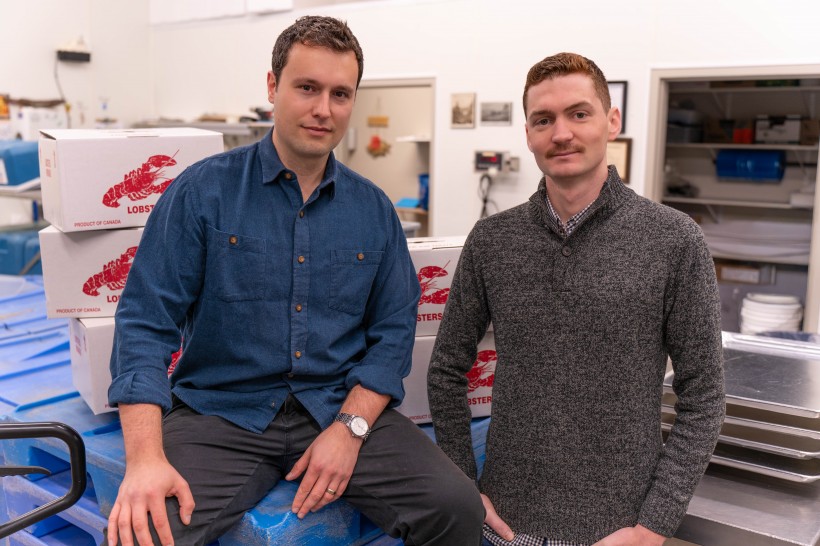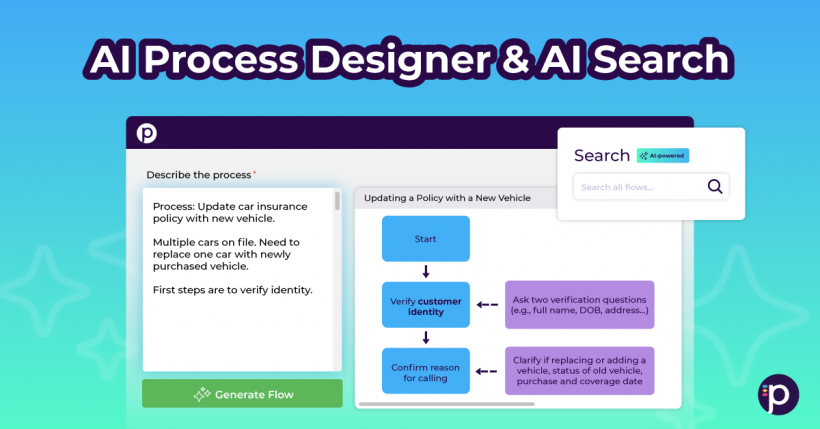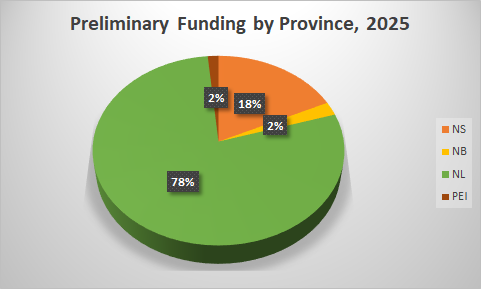Planetary Hydrogen, a cleantech company that has just moved most operations from Ottawa to Halifax, has declared the lofty ambition of removing a gigaton of carbon from the atmosphere annually by 2035.
The cleantech company, which launched in Ottawa two years ago, has devised a system that has two components that can improve the environment and make money. First, it produces hydrogen, which is in growing demand as a clean fuel. Second, it injects bicarbonate into the ocean to reduce the acidity of the water and capture carbon.
In fact, 14 years from now it wants to be capturing a gigaton of the black element each year. If, like me, you need to understand what a gigaton is, it’s a billion metric tons. Or, as the Washington Post explained a few years ago, it’s the equivalent of more than 100 million African elephants.
“When you look at any carbon capture system in the world, that’s the scale that you have to get to for it to have an impact,” said CEO Mike Kelland in an interview from Cole Harbour. “We’re at a point right now where even if we were to meet every pledge made by every government over the next 10, 20, 30, or 50 years, we would still see a rise [in the Earth’s temperature] of 2.5 to 2.8 degrees. . . . Even with all those pledges – and we’re not on track for any of them – we’re not close to meeting any of our [temperature] targets.”
To meet its audacious ambition, Planetary Hydrogren is plotting a system with various components, the first of which is using electricity to split water into hydrogen and oxygen, and selling the hydrogen as a clean fuel. Hydrogen is currently a $150 billion-a-year market, and that’s expected to double by 2030.
Lots of companies produce hydrogen this way, but Planetary Hydrogen enhances the process by adding mineral salt to the mixture, so the process also produces hydroxide. That hydroxide reacts with carbon dioxide in the atmosphere, trapping the CO2 and producing bicarbonate, which is an alkaline material.
Read Also: CarbonCure's Wagner Explains the Role of Big Tech in Carbon Removal.
By dumping this bicarbonate into the ocean, the process can sequester carbon for thousands of years, and help to ease the acidity in the water caused by global warming, which is jeopardizing such animals as shellfish.
“The oceans are able to handle it,” said Kelland. “The oceans are one of very few carbon repositories that have the scale to take the carbon out of the atmosphere and safely sequester it.”
The company intends to make money by selling hydrogen and by selling offsets for the carbon it captures. It has already secured the Ottawa e-commerce giant Shopify as a customer for these carbon offsets, which Kelland described as a huge boost for a young company. The value of carbon offsets is destined to rise in many jurisdictions, including Canada, as the price put on carbon increases.
To meet its goals, Planetary Hydrogen will eventually have to partner with large industrial companies to help produce its mountains of bicarbonate. The first step will be to set up a demonstration plant in the Halifax area in 2022. It is looking for an industrial space near the ocean.
Most of the company’s seven employees are moving to Halifax, in part because they are working with Dalhousie University on research projects. The company has already been working with groups like Innovacorp in the region for more than a year, including spending time at the Start-Up Yard in Dartmouth.
“There’s a few things that drew us to the region,” said Kelland. “One of them is we had to pick an ocean because we’re ocean-focused as a startup. . . . Then one of the things that really drew us to the East Coast rather than the West Coast was the support we found here. We had huge support from Innovacorp.”









